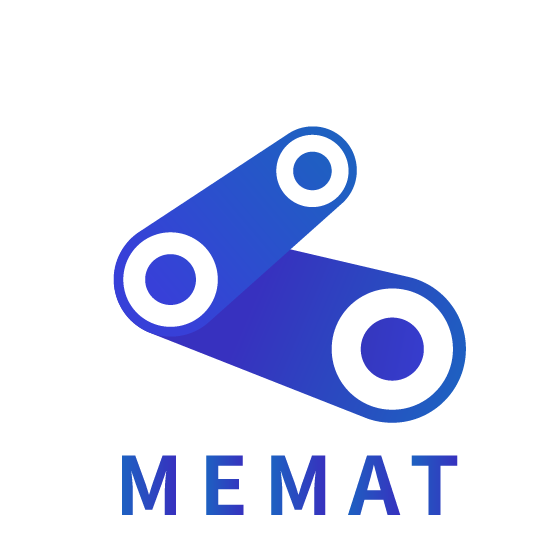
Speakers
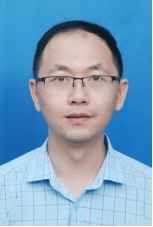
Prof. Chen Enwei, Hefei University of Technology
Member of Vibration and Noise Control Branch of Chinese Society of Vibration Engineering
Member of intelligent Robot Professional Committee of China Artificial Intelligence Society
Biology: His research interests include mechanical system dynamics and noise vibration control, vibration and control of axially moving material structures. He has presided over and participated in more than 10 scientific research projects such as the National Natural Science Foundation, the Natural Science Foundation of Anhui Province, and the Postdoctoral Science Foundation. In Mechanical Systems and Signal Processing, Journal of Sound and Vibration, Journal of Vibration and so on He has published more than 70 academic papers in journals such as Control, Mechanical Engineering Journal, Vibration Engineering Journal, and international academic conferences such as ICSV, compiled 3 textbooks and monographs, won 7 teaching and research awards, and authorized more than 10 national invention patents.
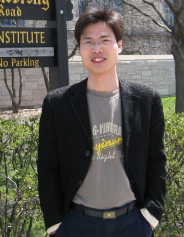
Prof. Yun Wang, Jiangsu University
Biology: Dr. Yun’s major research interests include the Mould & Die CAD/CAE/CAM,modeling design and controlof deformation processes from micro to macro scale,tribology,simulation-based designand designoptimization.
His work has made some contributions to the understanding of scale effect in microforming and the effects of material microstructure and process parameters optimization on forming processes. This involves the study of the constitutive equation and the prediction of forming quality of formed micro-component as a function of process variables. His research has integrated experiment, analytical and numerical simulation methods to investigate fundamentals in material deformation and material formability at various scales, to advance the adaptive method and apparatus for microforming metal parts. Emphasis is placed on new miniaturized forming equipment, processes and tooling. Specific current research includes the development of laser micro-forming processes and of miniaturized micro/meso-scale tools and die/mould for the manufacture of components in the 10 – 1000 μm range.
His achivement have been recognized by honors and awards given by the government and peers in the field of mechanical engineering. His work has been funded both by government agencies and industries.
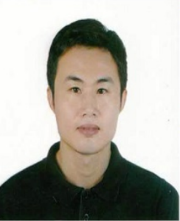
Prof. Yajun Liu, South China University of Technology
Biology: Prof. Yajun Liu was born on September 20, 1974 in Jiangxi, China. Native speaker of Chinese, fluent in English. His Education and Academic Research Experiences is as follows:
December, 2016- Now Professor in South China University of Technology School of Mechanical and Automotive Engineering.
December, 2009- December, 2010. Visiting Professor in Fluid Power Research Center (FPRC) Purdue University at West Lafayette, USA.
Feb, 2005 – July, 2016. Post-doctoral Research Fellow, Tokheim JV company in China.
June, 2002 Ph. D. in Mechanical Engineering. South China University of Technology, Guangzhou,China.
His research interests include Digital signal processing technology and its application in mechanical systems (such as hydraulic System for Energy Saving.); Intelligence control and Manufacturing Engineering. Moreover, Prof. Yajun Liu has published more than 150+ papers in Journals and proceedings of international conferences. 35 +patents on Mechanical System design and manufacturing.
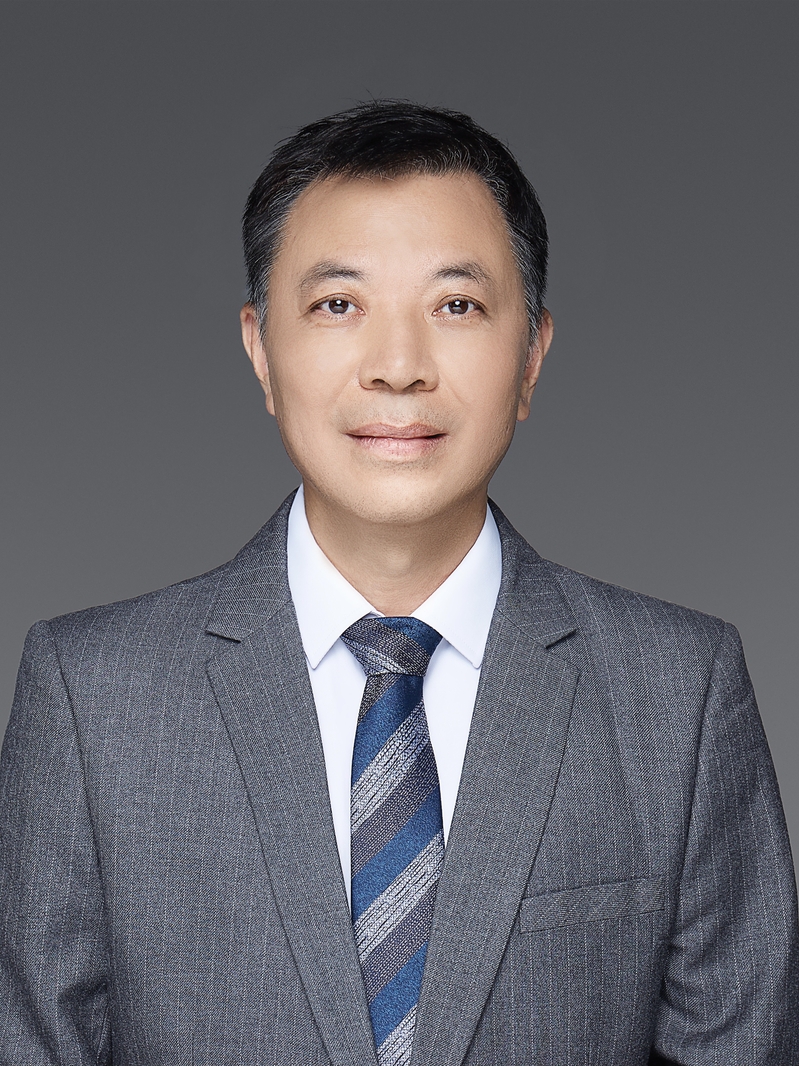
Prof. Chen Wenjie, Anhui University
Biology: Professor of Anhui University, doctoral supervisor, IEEE senior member, Executive deputy director of "Anhui Human-Machine Integration System and Intelligent Equipment Engineering Laboratory", automation technology consultant for many government agencies and high-tech enterprises, former senior researcher of Singapore Agency for Science and Technology Research (ASTAR). His main research areas are precision mechanisms and micro-assembly systems for chip manufacturing, smart robot grasping, collaborative robot integration operation, assisted exoskeleton and snake robot. He is leading the team to focus on the cross-integration innovation technology of mechanism, drive, perception and control in the above fields for national strategic needs. He has presided over and participated in 5 projects of the National Natural Science Foundation and more than 10 other robot operation and assembly projects funded by the government and industry. He has published more than 100 high-level academic papers and has more than 20 authorized invention patents.